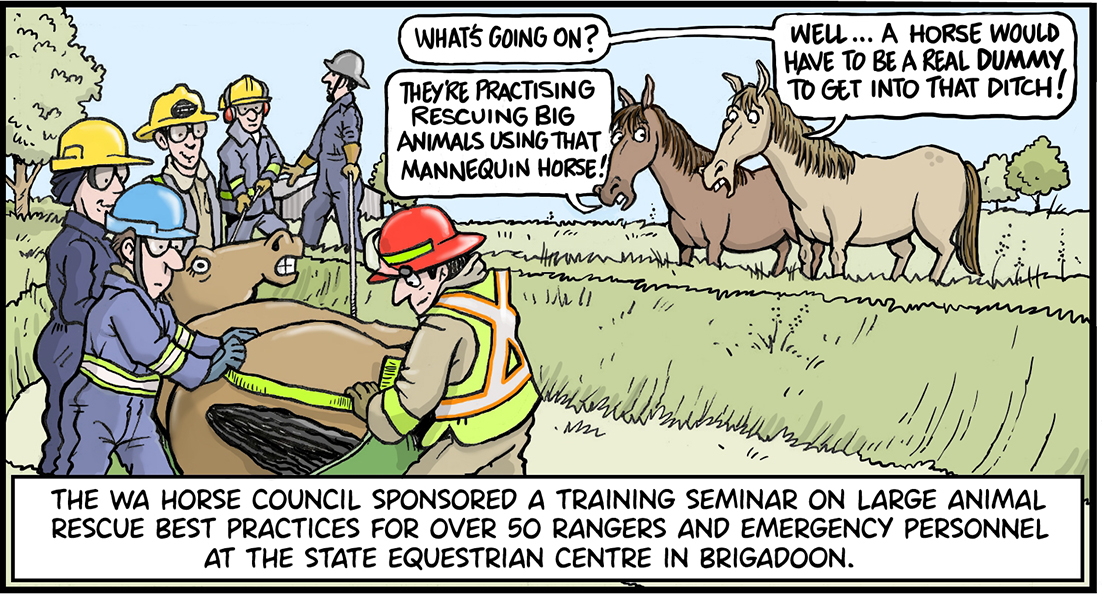
Prostate cancer deaths on the rise
Dear Echo News,
Prostate cancer deaths have jumped more than 25 per cent since 2006 and only a third of cases are being detected in the earliest stage of the disease, new data reveals.
Prostate cancer is the most common cancer in men in Australia, with the Prostate Cancer Foundation of Australia (PCFA) reporting 70 new cases and 10 deaths every day.
With an estimated 32 per cent population rise in the past 16 years, the 25 per cent rise in deaths since 2006 does indicate a lower number of fatalities per capita, but still places significant pressure on health services as the scale of the cancer rises.
Although the average age of diagnosis is 69, about 3600 Australian men are diagnosed under the age of 60 each year.
It seems that prostate cancer cases are out of sync with population growth.
Year-on-year Australia sees about a one per cent population rise, but 2022 recorded a 5 per cent rise in case numbers and a 6.7 per cent increase in deaths.
Estimates suggest 25,487 Australian men will be diagnosed with prostate cancer in 2023, only 36 per cent of those cases will be detected in stage one.
One of the biggest barriers to early detection is lack of awareness – Australia has spent very little public funding on educating the community about prostate cancer and we need a government-supported nationwide campaign.
From 1982 to 2018, the five-year relative survival for prostate cancer improved from 58 per cent to 95.6 per cent.
This makes it one of the highest survival rates, but only for those diagnosed early.
In total male cancer fatalities, prostate cancer ranks only behind lung cancer.
Early detection is key to survival, but to achieve higher rates of earlier detection we must have government and community support.
The Kalamunda Prostate Cancer Support Group meets at 10am on the fourth Wednesday of each month at Falls Farm in Lesmurdie.
Anyone interested in coming to our meetings is very welcome.
R Gay
Kalamunda
--------------------------------------------------------------------More advocacy wanted for traffic safety
Dear Echo News,
I write in response to Kalamunda coughs up $70k in SAT loss (Echo News, August 25), which shed light on the financial burden placed upon ratepayers.
Legal expenses in excess of $70,000 were incurred in defending the Kalamunda Council’s (9/3) decision to reject a proposed garden centre development at 720 Welshpool Road East, Wattle Grove.
This revelation raises critical questions that should concern all ratepayers.
First and foremost, I wish to express my appreciation for the nine councillors who voted against the garden centre development proposal, citing environmental concerns and traffic safety.
It was disconcerting, however, to learn that the city did not make any submissions regarding traffic safety or the environmental impact, as underscored by the State Administrative Tribunal’s (SAT) observations at points 19 and 69.
This omission is particularly troubling given the anticipated increase in daily truck movements, exceeding 35 per day, which could force large articulated trucks onto quiet suburban streets in their efforts to return to major arterial roads.
Such a situation would exacerbate the already hazardous nature of the nearby intersection at Lewis Road, a recognised ‘Black Spot’ intersection.
It is my belief that the community deserves a comprehensive explanation for why the city apparently did not robustly advocate for environmental and road safety considerations before the SAT.
In addition, considering the council’s obligation to ensure value for ratepayer money in all expenditures, it is essential for the community to know whether the city intends to take steps to seek a review of the incurred legal costs, if, in their view such a review is warranted.
Our community deserves transparency and accountability in matters that significantly impact us all. I urge the council to address these concerns promptly.
C Dornan
Wattle Grove
--------------------------------------------------------------------
AUKUS scrutiny sought
Dear Echo News,
Yes, I fully agree with C Hughes letter Raucous AUKUS (Echo News, September 1) and totally dislike the way it’s been sold us – the taxpayers.
We are the most important body as we supply the money.
Yet not a word to us about the need or why it is important.
The public needs to know now, as there is no guarantee that ‘leaving it up to the experts’ brings success – after all, they are only human with bigger egos than the rest of us.
S Howlett
Midland